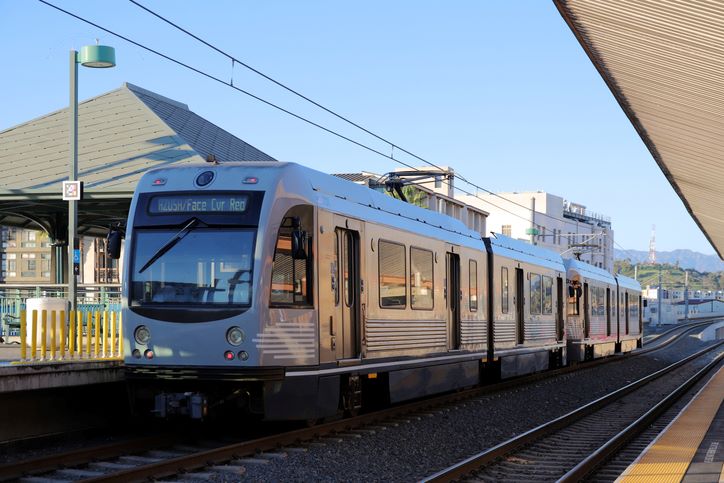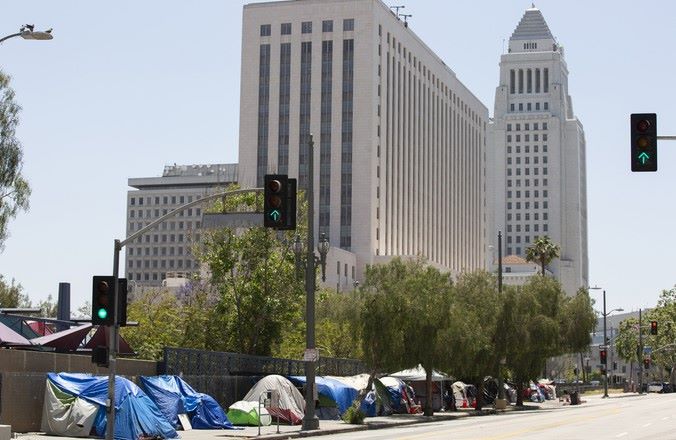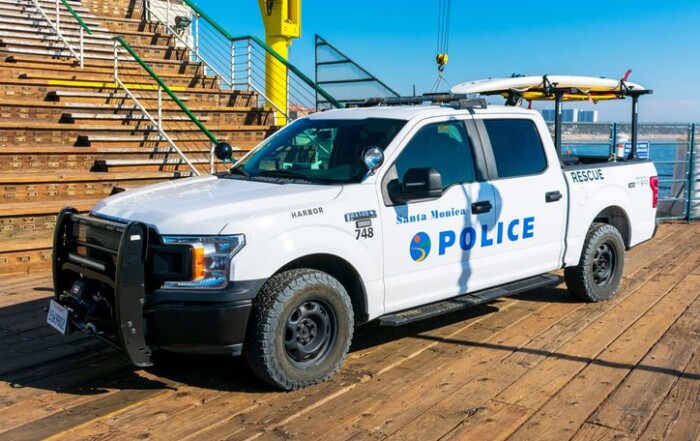Spending on the Los Angeles Metro system will continue to increase this coming fiscal year.
The Los Angeles County Metro Transportation Authority released its proposed budget for its fiscal year 2023-2024 — which runs from July 1 to June 30, 2024 — with $9 Million available to spend on the county’s transit system. This total is an approximately $261 Million increase from the previous year’s budget, which will be used to spur “an incredible change happening at Metro, one that has been years in the making,” according to Metro Transportation Authority CEO Stephanie N. Wiggins.
“The Metro family is emerging from the difficulties of the last three years with a renewed energy and focus on delivering a world-class transportation system for Los Angeles County,” Wiggins said.
Almost half of the increases are coming in the overall operations budget, with a $112.7 Million increase to the Metro Transit Operating and Maintenance Program in FY24 bringing its total to approximately $2.36 Billion. Notably, this includes $1.5 Billion in bus investments, an increase of 6.6 percent from FY23.
This increase will help improve the overall service hours that can be provided on their buses and trains by almost 10 percent. This service level will also be 27.5 percent more than pre-pandemic numbers.
Other smaller investments have been made to improve the quality of the train experience as well. An increase of $23.6 Million to cleaning efforts will allow the MTA to hire 24 more full-time custodial staff and hire up to 50 temporary part-time custodial staff dedicated to the B and D subway lines, as well as increase the frequency of cleanings overall throughout both the train and bus systems. This increase will also more than double the budget for cleaning stations.
While there are still major construction projects like the Airport Metro Connector and the Purple Line Extension project and the Orange Line Improvements Project will begin construction in FY24, the budget for transit construction has gone down by $237 Million.
However, a 69 percent increase to the transit planning budget for projects like the Sepulveda Corridor and the Broadway Bus Rapid Transit (BRT) line comes together to an only five percent decrease from the previous year’s overall Transit Infrastructure Development budget, which is proposed to be around $2.2 Billion for FY24.
Public safety and mental health continue to be important aspects of Metro’s approach toward creating the best public transportation experience. A total of $290.5 Million has been put into public safety resources for the coming fiscal year, an increase of $10.2 Million.
This includes partnerships with the Department of Health Services and Department of Mental Health to provide resources and services, along with continued funding to the Transit Ambassadors pilot project and a 42.5 percent increase in Metro Transit Security personnel funding.
There are also a variety of programs that are receiving a significant portion of the total funding, falling under six main umbrellas. These six sets of programs — Highway Multimodal Development, Regional Rail, Congestion Management, General Programs and Planning, and Oversight/Administration and Debt Program — account for about 20 percent of the total $9 Billion budget.
However, the focus amongst the speakers at the public hearing on May 17 was none of those things. Instead, speakers — many of them Spanish speakers — spoke of their hope for the Metro’s fair subsidy programs and asked for the MTA to look into programs to make fares free for low-income riders.
The FY24 budget does include increases to one of the Metro’s fare subsidy programs — the Low-Income Fares is Easy (LIFE) program. The LIFE Program, which is having its budget increased by 8.9 percent to $32.5 Million, offers fare discounts for purchasing weekly and monthly transit passes on Metro and any LIFE participating transit agency.
Metro also approved “fare policy changes to align with fare capping,” which will launch in FY24. Under these new policies, Metro customers using a TAP card will have their fares capped at $5 each day or $18 each week for unlimited rides, and the Board is confident that these fares will help improve access to public transportation.
“Every rider will get the best fare,” a passage in the budget on fare capping reads.
Photo by Laser1987
Stay informed. Sign up for The Westside Voice Newsletter
By clicking submit, you agree to share your email address with Westside Voice. We do not sell or share your information with anyone.








